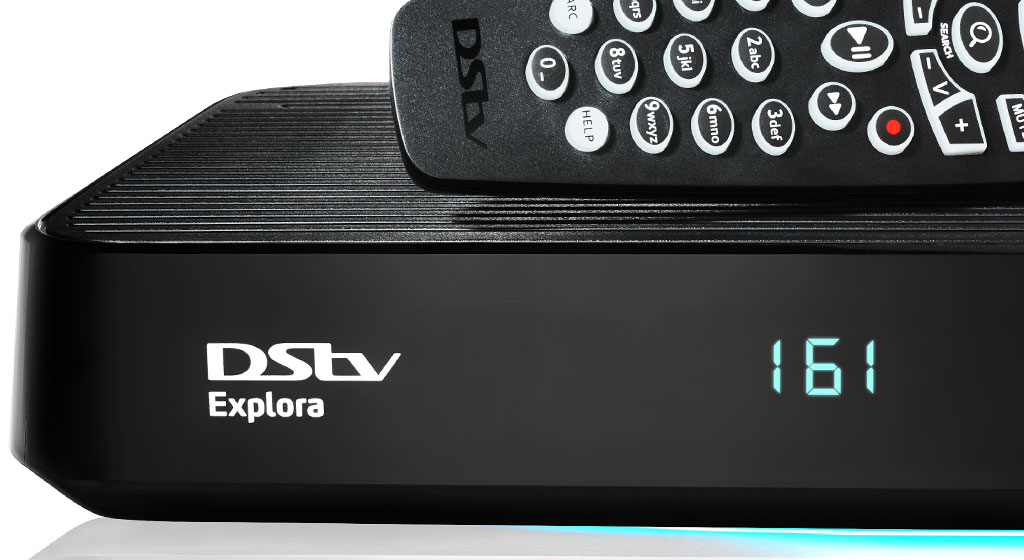
Naspers is considering the sale of its pay-television business in Africa as sluggish economic expansion in key markets stifles growth and viewers switch to cheaper online alternatives, according to two people familiar with the matter.
A disposal of MultiChoice won’t include the South African division, which is still highly profitable, said the people, who asked not to be identified as the plans haven’t been made public.
A sale is one of a number of options being considered by Africa’s biggest company by market value, and a final decision hasn’t been reached, one of the people said.
Naspers and MTN Group, Africa’s largest wireless operator, have briefly discussed a deal for MultiChoice Africa, but no agreement was reached, according to one of the people.
Both companies confirmed on Thursday that they are still in talks that were disclosed earlier about sharing TV content.
A sale of MultiChoice Africa would represent a further shift by Cape Town-based Naspers away from its traditional media business, which includes newspapers and MultiChoice’s main product, the DStv satellite-TV service.
Since winning big with a 2001 investment in Chinese technology company Tencent Holdings, a stake that’s now worth about US$107bn, Naspers has become a serial investor in Internet companies around the world, ranging from an online travel agency in India to education software providers in Silicon Valley.
The value of the Tencent stake is worth more than Naspers’s market value of R1,2 trillion, which partly reflects the weak performance of the TV division.
While the company arrested a decline in subscriber numbers over the six months through September, earnings before interest, taxes, depreciation and amortisation at the unit declined 33% to $331m.
As Naspers charges customers in local currencies, “the continued weakness of currencies and economies in many African countries resulted in lower US dollar revenues”, the company said in its November results presentation.
Nigeria’s economy contracted for the first time in 25 years in 2016 and its currency has depreciated by 37% against the dollar over the past 12 months. Sub-Saharan African economies grew by an average of 1,4% last year, compared with 3,4% in 2015, according to the International Monetary Fund. — (c) 2017 Bloomberg LP




